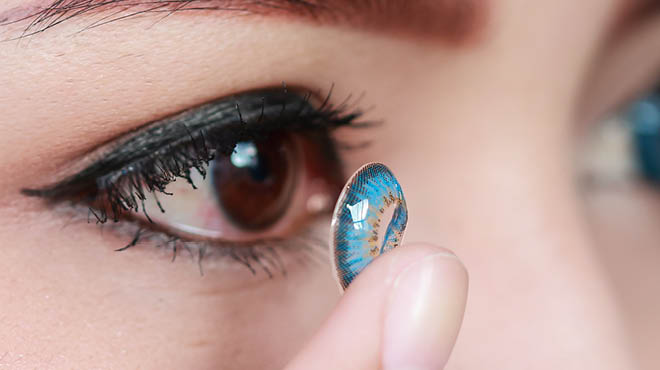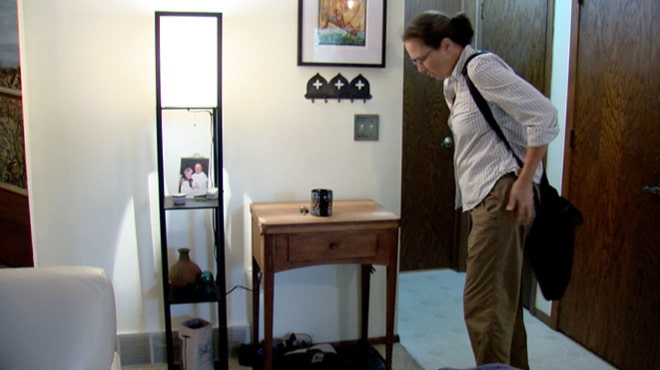Recent Posts
How to watch the solar eclipse safely

On April 8, a solar eclipse — when the moon blocks the sun — will be visible in North America as the sun crosses Mexico, the U.S. and Canada. A total eclipse will occur in certain locations in the U.S., and a partial eclipse will be visible in other areas of the country, including Minnesota, Wisconsin and Iowa. While the eclipse is a momentous occasion, it's something eye experts say you need to enjoy safely.
Eye safety during the eclipse
Looking into any type of eclipse — partial or total — poses severe risks to your eyes. You could permanently damage your retina or even cause blindness. It's not safe to look directly at the sun without specialized protective eyewear.
If you plan to take part in the solar viewing, you need to use solar eclipse glasses or a solar viewer to be completely safe. Solar viewers or glasses labeled as ISO 12312-2 compliant reduce the sunlight to a safe level for viewing.
Regular sunglasses and homemade solar filters are not safe for use. Regular sunglasses don't provide adequate eye protection like eclipse glasses, no matter how dark the sunglasses are.
The eclipse can be viewed directly without eye protection only when the sun is entirely covered by the moon, which is called totality. During this period, you'll no longer be able to see any part of the sun through your eclipse glasses or solar viewer.
It's crucial to immediately put on your eclipse glasses or use the solar viewer again as soon as the sun's first light is visible behind the moon.
Safety tips for eclipse viewing
Eclipse viewers should follow these safety tips from the American Academy of Ophthalmology and the American Astronomical Society:
- Always read and follow all directions that come with the solar filter or eclipse glasses.
- Carefully look at your solar filter or eclipse glasses before using them. If you see any scratches, tears or damage, don't use them.
- Before looking up at the bright sun, stand still and cover your eyes with your eclipse glasses or solar viewer. After glancing at the sun, turn away and remove your filter — don't remove it while looking at the sun.
- Help children use handheld solar viewers and eclipse glasses correctly.
- Never look at the uneclipsed or partially eclipsed sun through an unfiltered camera, telescope, binoculars or similar devices. This is important even if you're wearing eclipse glasses or holding a solar viewer at the same time. The intense solar rays coming through these devices will damage the solar filter and your eyes.
- Talk with an expert astronomer if you want to use a special solar filter with a camera, a telescope, binoculars or any other optical device.
Have fun watching the solar eclipse, but be sure your eyes are properly protected.
Robert Friese, O.D., is an optometrist in Fairmont, Minnesota.





